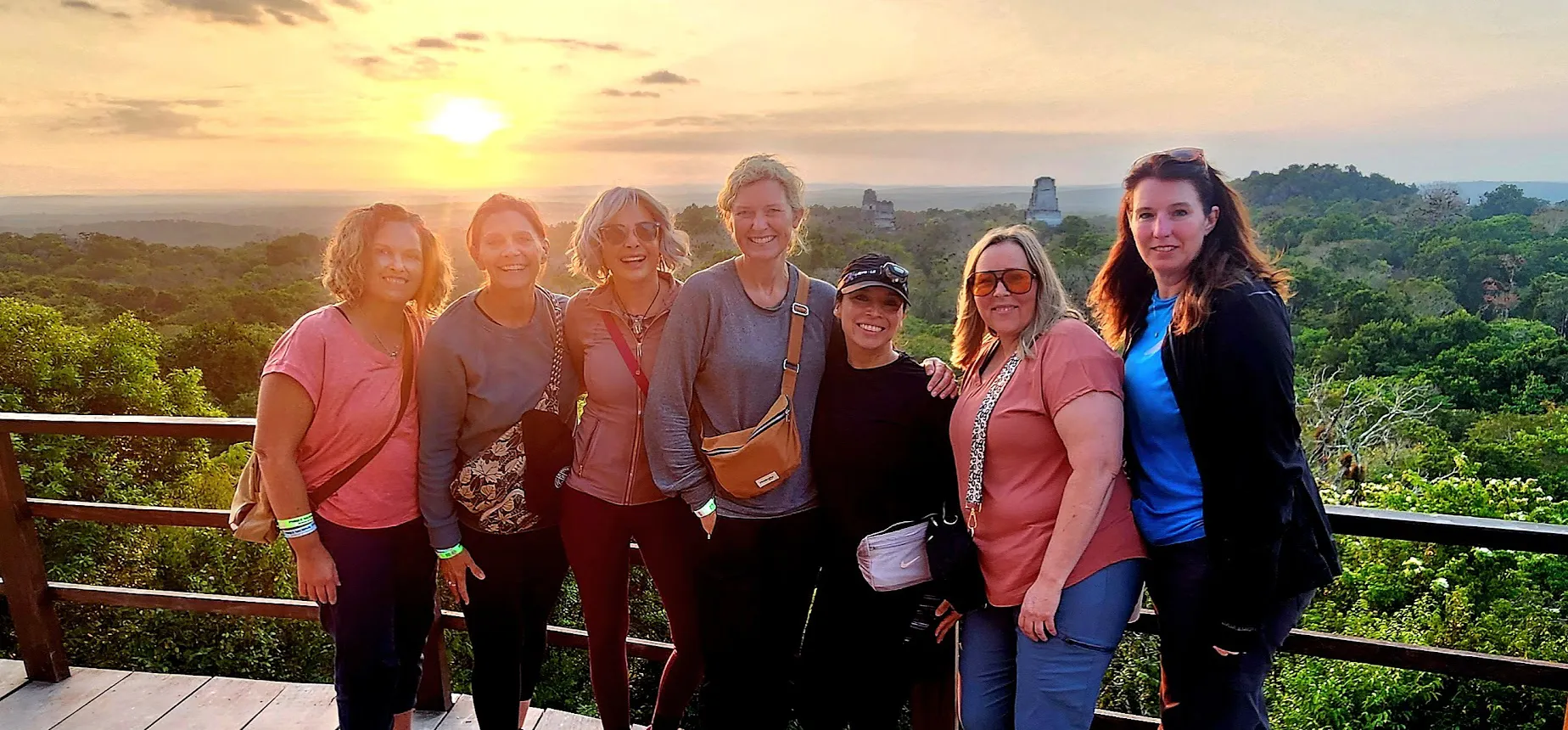
Global Development and Justice MAGDJ Fieldwork Project Course
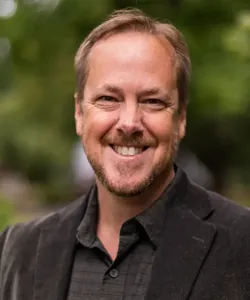
By: Dr. Greg Burch
Global Development and Justice Program Director, Multnomah Biblical Seminary at Jessup University
The Fieldwork Project in Global Development and Justice represents much more than just an academic requirement — it offers a chance to step into the real-world, blending service, learning and reflection as students think not only on their vocation, but actually get into the trenches of their work. The individualized fieldwork is designed to push students out of the classroom and into diverse contexts where justice and development issues unfold daily. By dedicating 80 hours of service, the course calls students to not only contribute meaningfully, but also to learn from the communities and organizations they serve. In some cases, students develop new projects for their own organizations, other students intern with organizations that align with their own calling.
What makes this course especially significant is how it brings together practical experience, vocational exploration and leadership formation. It gives students the space to wrestle with what their calling might look like in real life and how their skills can be shaped to meet pressing needs in the world today. The integration of research and reflection ensures that this is not just “doing work” but engaging deeply — asking questions, discerning vocation and growing personally and professionally.
This course is a formative journey that equips students to see their role in justice and development work more clearly, to lead with humility and purpose and to imagine a future where their work makes a lasting difference.
Following are some projects and quotes from the students in our program:
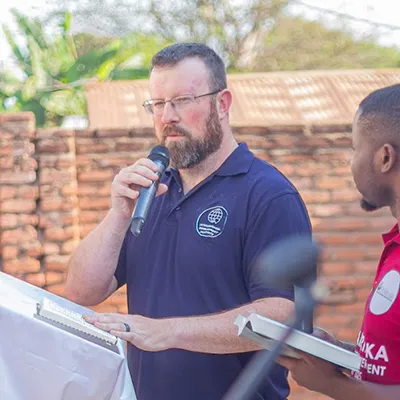
“The summer fieldwork program allowed me to integrate concepts learned in a classroom setting into real-world work that my organization was already planning to do. It also created deadlines that required attention to projects that truthfully I may have put off and claimed that there was not enough time. It forced me to focus energy and time into completing training manuals, design concepts and presentations that have been sitting on my desk for some time. I really appreciate the growth I have already had in the program and the fieldwork project was the perfect way to implement this into my work.”
– Jeff Oliver
Overview: Jeff came into the summer Fieldwork Project course with several unfinished projects on his desk at the International Development Institute, an organization he co-founded and directs. These were important initiatives for the growth of the organization. Oliver said, “I believe these projects will have significant long-term benefits, particularly as they provide care for girls in the community where we are working and essential training for individuals on how to properly use and maintain equipment. Too many times, I’ve seen humanitarian groups introduce technology without a plan for sustainability, leaving behind broken equipment that cannot serve its purpose.”
By leaning into this challenge, Oliver understood this mistake and worked hard to avoid it. The community where he is working in Malawi is better off due to his careful attention to the work he is doing there. In addition to providing business training for local entrepreneurs, he also focused his attention, in partnership with the Othakarhaka Foundation, in building latrines specifically for girls at a local school.
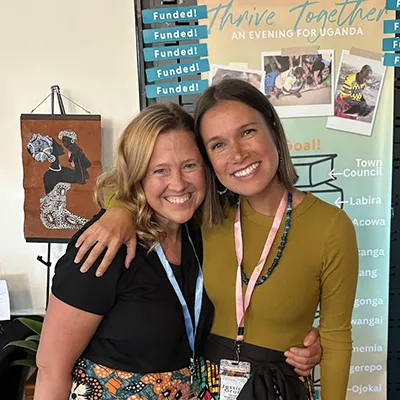
“For my fieldwork project this summer, I chose to organize a fundraiser for Heal & Thrive Global (HTG), a non-profit organization that empowers single moms who have suffered injustices in rural Uganda. As a community, we raised over $65K to fund clean water wells, literacy centers, and medical aid!”
– Jessica Grob
Overview: During the fieldwork project, Grob not only grew in her abilities and skills, but, as she said, “also in compassion and faith by blending experiential learning with applied knowledge.” The work she has completed is so critical to the field of global development and justice. The challenges and successes she faced gave her valuable insight into what a vocation in nonprofit ministry work looks like.
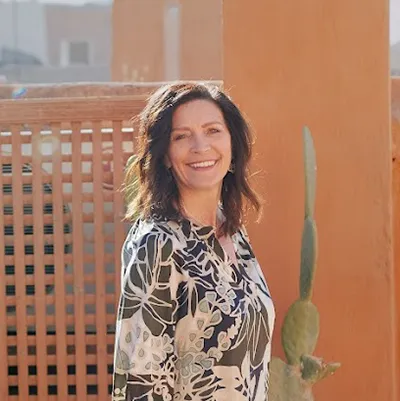
“This summer, I took part in a field study course that became the catalyst for creating an internship program within my small business. My work focuses on ethical tourism — connecting travelers with organizations that are creating meaningful change through travel and education.
For a while, I envisioned developing an internship for young adults interested in tourism, ethical storytelling, or sustainable practices that uplift marginalized communities. This course gave me the structure, time and guidance to bring that idea to life.”
–Dianne Silvuka, Founder and Owner of Travel on Purpose
Overview: Silvuka gained both practical direction and a deeper understanding of personal vocation as a result of her investment into the course. The experience clarified how her work in ethical tourism could foster long-term impact, not only for travelers and communities but also for the young adults who will now benefit from the newly established internship program with her small business, Travel on Purpose.
